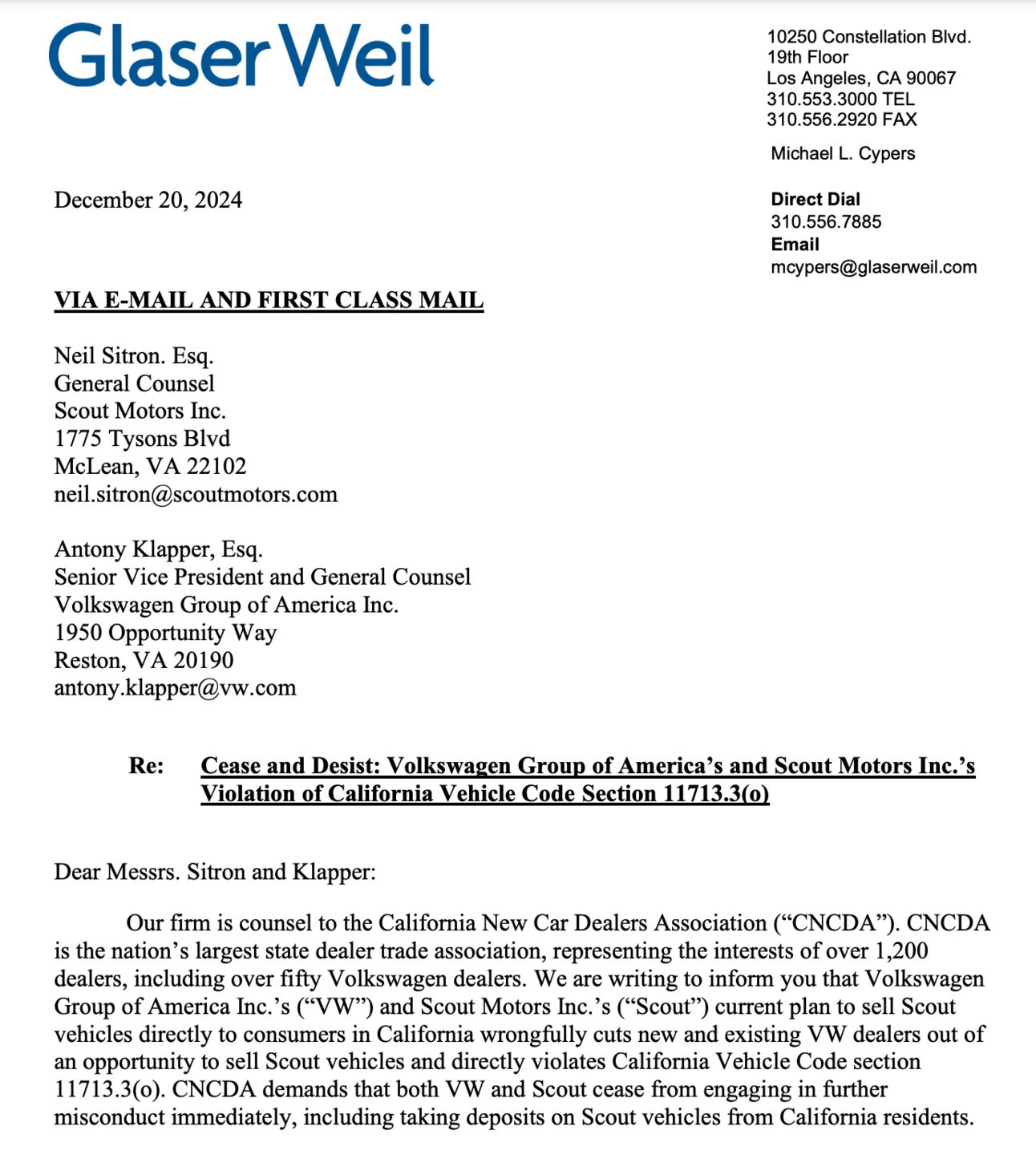Fuel for Thought
🚨 2024’s Recall Leaders: Tesla & Stellantis
For years, Ford sat atop the recall leaderboard, but 2024 brought a twist: Tesla and Stellantis have overtaken the Blue Oval, earning the top two spots for the most recalls issued this year.
While no automaker dreams of recall fame, Ford execs might just be breathing a sigh of relief to see their brand bumped down to third place.
The Recall Race
Tesla issued the fewest recall campaigns among the top three brands—15 in total—but affected the largest number of vehicles, over 5.1M EVs.
Many of these were resolved through over-the-air (OTA) updates, such as the tire pressure monitoring fix for 700,000 Model 3, Model Y, and Cybertruck vehicles.
Stellantis, meanwhile, announced a whopping 67 recall campaigns affecting 4.7M vehicles across its Chrysler, Dodge, Jeep, Ram, and Fiat brands. That’s a sharp rise from last year’s 45 recalls impacting 2.7M vehicles.
Ford, despite dropping to third place, still logged 62 recall campaigns affecting 4.3M vehicles—a significant number but far below the 5.7M it reported in 2023.
What’s Driving the Numbers?
Tesla’s high recall numbers stem from its sheer volume of vehicles on the road and its reliance on OTA updates, which make addressing issues more seamless. For Stellantis, the jump reflects growing scrutiny and complexity in its sprawling lineup of brands.
For Ford, this shift could signal progress after three years of leading the recall leaderboard. However, with 10 days left in 2024, one major recall could shake up these standings before the year ends.
The Takeaway for Dealers
Recalls can be a double-edged sword. While they’re a headache for consumers, they’re also an opportunity to build trust and bring customers back into service bays.
As recalls become a bigger part of the EV and tech conversation, dealers who prioritize seamless solutions will win big on loyalty.
💸 Speaking of Stellantis…

giphy
Stellantis has agreed to a $4.2M settlement with California after an investigation found emissions violations in their diesel-powered Ram ProMaster vehicles.
The vehicles in question? 2014–2016 Ram ProMaster 1500, 2500, and 3500 models equipped with 3.0L diesel engines.
The accusation? California regulators say these vehicles used unapproved devices that bypassed emissions controls, releasing nearly 55 tons of nitrogen oxides—a major contributor to air pollution.
Where’s the Money Going?
The settlement will split into two main parts:
$2.1M for Environmental Initiatives: Funding a project incentivizing ocean cargo vessels to slow down in key areas during peak whale and ozone seasons. The goal? Protect marine wildlife and improve air quality.
$2M Civil Penalty: Heading to California’s Air Pollution Control Fund to support the state’s ongoing fight against smog.
Not Stellantis’ First Rodeo
In 2022, Stellantis paid $5.6M to California for similar emissions violations involving gas-powered vehicles.
In 2022, the company also paid $300M to resolve a U.S. Justice Department criminal investigation into diesel emissions fraud.
Back in 2019, Stellantis (then FCA) settled a nationwide case involving “defeat device software” on more than 100,000 vehicles, shelling out $500M, with California receiving $78M of that.
✋ Speaking of California…

giphy
California dealers are not happy with Volkswagen’s plans for Scout—its revived off-road brand—to sell directly to consumers.
In fact, they’ve taken it to the next level, firing off a cease-and-desist letter claiming the move violates state law.

What’s the Drama?
The California New Car Dealers Association (CNCDA) argues Scout’s direct-to-consumer model would violate state vehicle codes, which prohibit manufacturers from competing with their franchisees.
The CNCDA claims this plan threatens the livelihoods of thousands of VW dealership employees and risks eroding tax revenues tied to dealer operations.
What’s VW’s Response?
Volkswagen hasn’t officially commented yet, but the move is part of a broader trend as automakers increasingly explore direct-to-consumer sales models, following in Tesla’s footsteps.
VW could argue that Scout’s products, aimed at a more affluent off-road audience, don’t directly compete with their existing dealership offerings.
The Bigger Picture
This isn’t just about Scout. The CNCDA has been on the offensive for months, even sponsoring legislation to tighten California’s vehicle code.
That bill, which bans direct-to-consumer sales by affiliates like Scout, became law on January 1, 2024, after being unanimously approved by the state legislature.
If California’s dealers succeed in blocking Scout’s direct sales, it could set a precedent for other states to follow.
For now, the tug-of-war between dealers and manufacturers continues.
✂️ Speaking of Volkswagen…

YARN
Volkswagen is tightening its belt as it embarks on some massive restructuring. The automaker is making significant cuts across the board—layoffs, bonus reductions, and scaled-back production—but insists it won’t sell any of its German factories.
What’s Happening?
VW managers are bracing for bonus cuts: 10% reduction in bonuses for 2025 and 2026., plus further cuts of 8% in 2027, 6% in 2028, and 5% in 2029.
Over 35,000 jobs will be cut in Germany by 2030, saving the company $1.5B annually.
The Ripple Effect on Production
VW’s German output is taking a hit, with plans to reduce capacity by 734,000 units. Key changes across its production network include:
Wolfsburg Plant: Will focus on ID.3 and Cupra Born production.
Golf and Golf Estate: Manufacturing moves to Mexico in 2027.
Emden Plant: Continues building ID.4 and ID.7.
Osnabrück Site: T-Roc Cabrio production ends mid-2027, but the plant will remain operational with new plans under evaluation.
Dresden Facility: Production wraps up next year, though the plant will remain open as part of a potential third-party scheme.
A Signal for the Future
VW Group CEO Oliver Blume is optimistic and emphasized the importance of these changes, calling them “an important signal for the future viability” of the brand and its commercial operations. “We are now back in a position to successfully shape our own destiny,” Blume stated, underscoring VW’s pivot toward long-term sustainability and stability.


